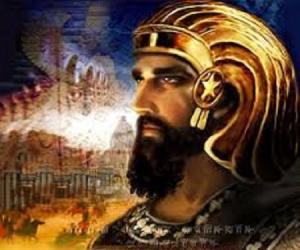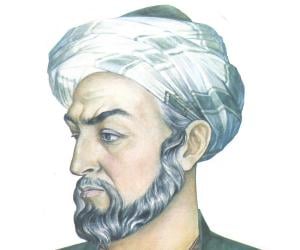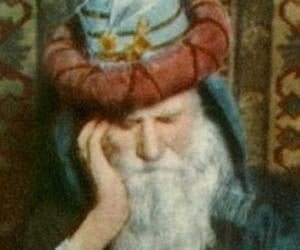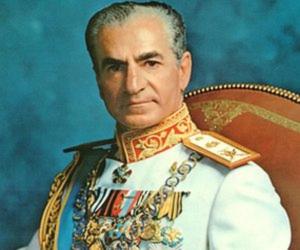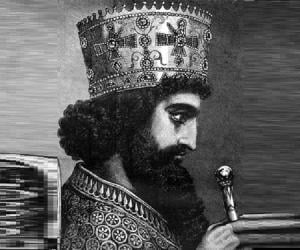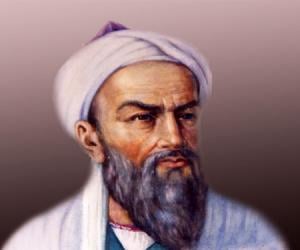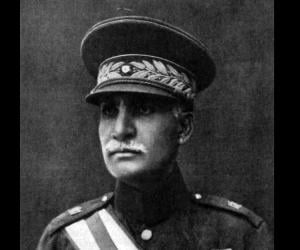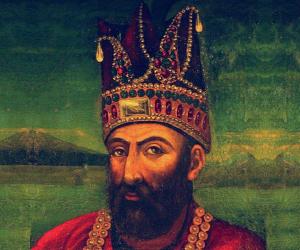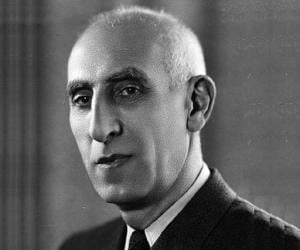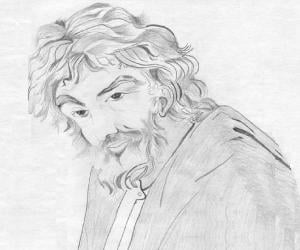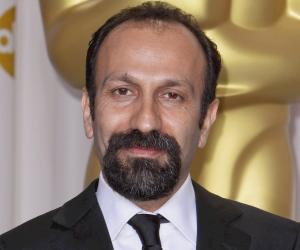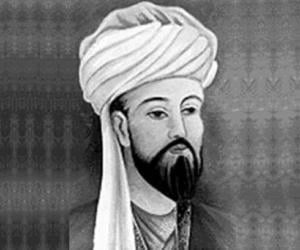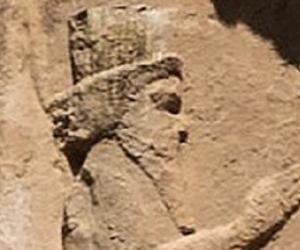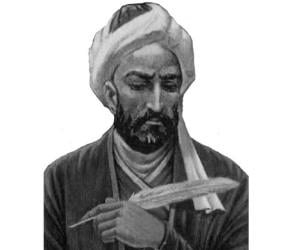Cyrus II, or Cyrus the Great, founded the first Persian empire, the Achaemenid Empire. His kingdom extended from Western Asia to Central Asia. He advocated centralized administration, with the help of local governors. The biblical Edict of Cyrus, named after him, talks about the return of the Jews to Israel.
Omar Khayyam was a Persian polymath, mathematician, philosopher, astronomer, and poet. In the field of mathematics, he is best known for his work on the classification and solution of cubic equations. As an astronomer, he designed a solar calendar known as the Jalali calendar. His philosophical attitude towards life had elements of pessimism, nihilism, Epicureanism, and fatalism.
Mohammad Reza Pahlavi served as the last king of Iran from 1941 to 1979. During his reign, Iran witnessed rapid military and industrial modernization and several social and economic reforms. During his rule, Iran also enjoyed a spike in economic growth, surpassing France, England, and the US. However, the Iranian Revolution, which was unusual in many ways, overthrew the king.
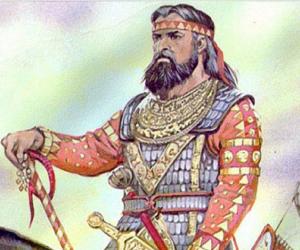
Darius the Great was a Persian ruler. He served as the third King of Kings of the Achaemenid Empire from 522 BCE until he died in 486 BCE. The empire was at the peak of its glory under his reign and included much of Western Asia and parts of the Balkans. He invested a lot in construction projects.
Xerxes I ruled the Achaemenid Empire from 486 to 465 BC as the fourth King of Kings. During his reign, Xerxes I supervised the completion of several construction projects at Persepolis and Susa. A popular ruler, his life has been adapted into several plays and films; in the 1960 movie Esther and the King, Xerxes is played by Richard Egan.
Apart from being a pioneer of Indology and geodesy, Persian scholar Abū Rayḥān al-Bīrūnī also worked on subjects such as anthropology, math, and ethnography. It is believed he didn’t know his father. He had penned many works, such as the encyclopaedic volume The Chronology of Ancient Nations.
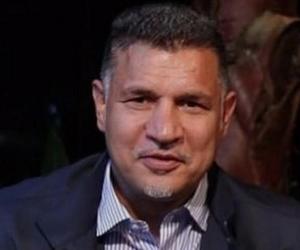
Iranian football legend Ali Daei has been one of the best strikers from his country. His international record of scoring 109 goals was broken by Cristiano Ronaldo later. Apart from serving the Iranian team for 13 years, he also represented teams such as Bayern Munich. Post-retirement, he coached several teams.
Rezā Shāh was a military colonel who founded the Pahlavi dynasty and reigned as the Shah of Iran from December 1925 to September 1941. He was also the prime minister of Iran from October 1923 to November 1925. His tenure saw the introduction of many social, economic, and political reforms, and he is regarded as the founder of modern Iran.
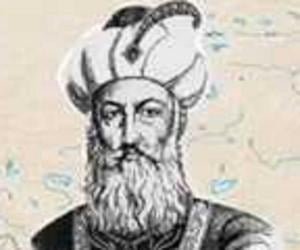
Muhammad of Ghor of the Ghurid Empire went down in history as the man who established Muslim rule in the Indian subcontinent and set the tone for the upcoming Mughal dynasty. He ruled over a vast area, which included India, Afghanistan, Pakistan, and Iran, among others, along with his brother, Ghiyath ad-Din Muhammad.
Nader Shah reigned over Iran as the Shah of Iran from 1736 until his death in 1747. He is widely regarded as one of the most powerful rulers in the history of Iran. He has also been described as the Napoleon of Persia, thanks to his military genius, which was evident in his several campaigns.
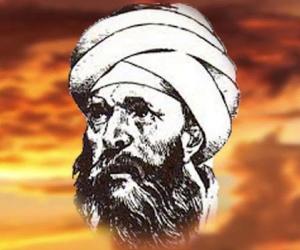
Al-Ghazālī was a Persian Muslim polymath best remembered for his work in the fields of philosophy, theology, logic, and Sufism. Such was his popularity that al-Ghazali was awarded the honorific title Hujjat al-Islām during his lifetime itself. Among his other works, the Incoherence of the Philosophers is considered a landmark in the history of philosophy.

Hafez was a Persian lyric poet whose works are considered by many as an apex of Persian literature. Even today, his works are found in the homes of the Persian-speaking world and people learn his poems by heart as they find them extremely useful. Not surprisingly, his poems are used commonly among speakers of Persian as everyday proverbs and sayings.
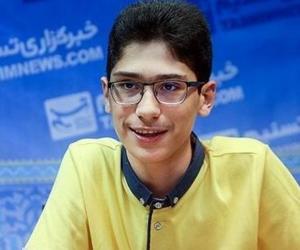
Born in Iran, chess Grandmaster Alireza Firouzja initially represented his country but later began representing France. In 2021, he became the only teenager ranked among the world’s top 15 chess players. A 2-time Iranian champion, he has been a chess prodigy and had started training in chess at age 8.
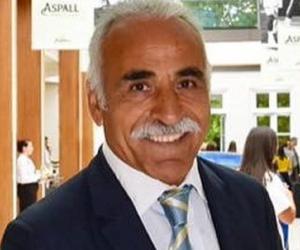
Born to an Iranian hill tribesman, Mansour Bahrami grew up to be one of the greatest Iranian tennis players and a Wimbledon champion. The Islamic Revolution in his country later tagged tennis as capitalist, leading him to focus on gambling and backgammon, though he later returned to tennis.

Iranian footballer Alireza Jahanbakhsh is best known as an attacking midfielder/winger for the Dutch football club Feyenoord. Often compared to legendary Iranian player Mehdi Mahdavikia for his playing style, he gained praises from netizens in 2022, when a clip showing him helping a camerawoman get up after being knocked down went viral.
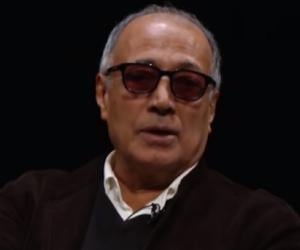
Abbas Kiarostami was an Iranian screenwriter, film director, film producer, photographer, and poet. Over the course of his illustrious career, Kiarostami was honored with numerous awards such as the Jury Special Award at the Tehran International Film Festival and Best Film Award at the Iranian Film Festival for Children and Young Adults.
Shams Tabrizi was a Persian poet best remembered for playing an important role in the life of the popular poet and scholar, Rumi. Having served as a spiritual instructor of Rumi, Tabrizi is referenced with reverence in many of Rumi's poetic collection. An important historical figure in Iran, Tabrizi's tomb has been nominated as a World Heritage Site by UNESCO.
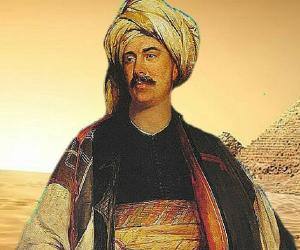
Abdul Qadir Gilani was a Sunni Muslim ascetic, mystic, preacher, theologian, and jurist. He is best remembered for founding the Qadiriyya tariqa of Sufism, which is named after him. Abdul Qadir Gilani was famous for his preaching and is credited with converting numerous Christians and Jews.
Asghar Farhadi is an Iranian screenwriter and film director. In 2016, Farhadi became one of the few directors to receive two Oscars for Best Foreign Language Film. While his film The Salesman earned him an Academy Award for Best Foreign Language Film in 2016, he had previously won an Oscar for his 2011 film A Separation.
Eighth-century alchemist and physician Jabir Ibn Hayyan has been credited with too many written works. Experts believe his vast works may not have been written by a single person. The Jabirian corpus, a collection of his works, is known for its "method of the balance" and its focus on chemistry.
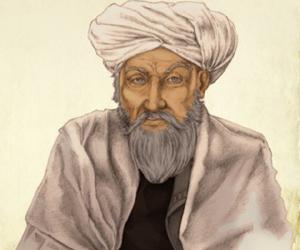
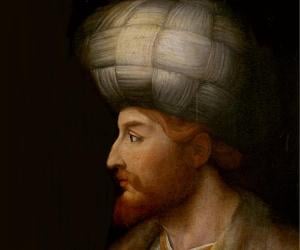
Ismail I was the originator of the Safavid dynasty and ruled as the Shahanshah of Iran from 1501 to 1524. His reign is considered one of the most vital in Iranian history and his empire is regarded as one of the greatest in the history of Iran and one of the most powerful empires of the world during its peak.
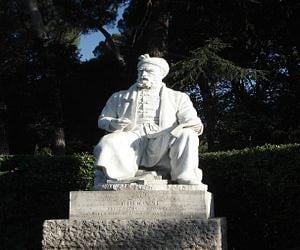
Ferdowsi was a Persian writer and poet best remembered for authoring Shahnameh which is considered the greatest epic in Persian speaking countries. Shahnameh is also one of the longest epic poems ever composed by a single poet. One of the most celebrated figures of Persian literature, Ferdowsi is also counted among the greatest in the history of literature. .
Persian polymath Nasir al-Din al-Tusi lost his jurist father in childhood and then went around as a scholar, learning subjects such as math and philosophy. He made invaluable contribution to astronomy and later served as a scientific advisor of the Mongols. One of his notable written works was Akhlaq-i Nasiri.
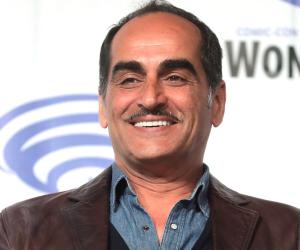
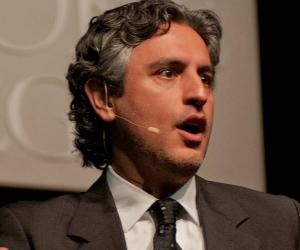
Reza Aslan is an Iranian-American writer, TV host, and scholar of sociology of religion. A multi-talented personality, Aslan also serves as a professor at the University of California, Riverside. Over the course of his career, Reza Aslan has been honored with several prestigious awards including the East-West Media Award in 2012 and the Media Bridge-Builder Award in 2013.

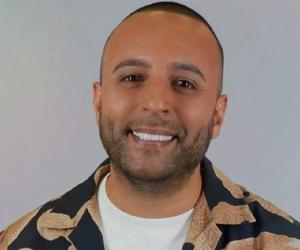

Navid Afkari Sangari was an Iranian professional wrestler who was executed in Shiraz for killing a security guard as part of the 2018 Iranian protests. The execution took place despite opposition from the USA and IOC President Thomas Bach. Interestingly, an audiotape recording later indicated that Navid Afkari had no connection with the murder.
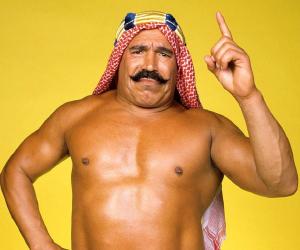
Legendary Iranian wrestler Hossein Khosrow Ali Vaziri, better known as The Iron Sheik, scripted history by becoming the only Iranian with a WWE championship win. Known for his signature suplex and Camel Clutch tactics, he later also forayed into showbiz, acting in movies such as Operation Belvis Bash.
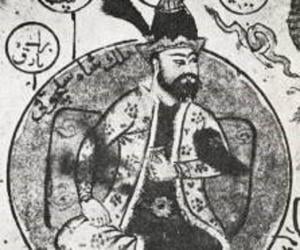
Malik-Shah I was sultan of the Seljuk Empire from 1072 to 1092. He was the son of Alp Arslan and spent much of his youth in campaigns under his father. He was crowned after the death of his father but had to fight off other contenders before he could claim the throne. He waged a major war against the Karakhanids.
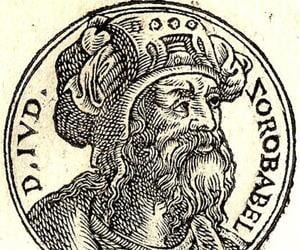
Zerubbabel was a governor of Yehud Medinata, a province in the Achaemenid Empire. The grandson of Jeconiah, Zerubbabel is credited with leading the first group of Jews, who returned from the Babylonian exile, in the first year of Cyrus the Great. Zerubbabel is also credited with laying the foundation of the famous Second Temple in Jerusalem.
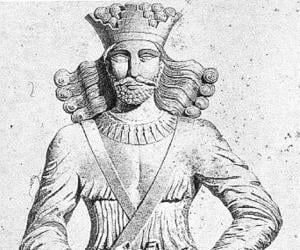
Shapur I ruled as the Shahanshah of the Sasanian Empire from 240 to 270. A fierce conqueror, Shapur destroyed the Arab city of Hatra in the early 240s before waging wars against Roman emperors like Philip the Arab and Valerian and capturing cities of Nisibis, Carrhae, Dura-Europos, and Antioch. Shapur remained active in his later years before dying of illness.

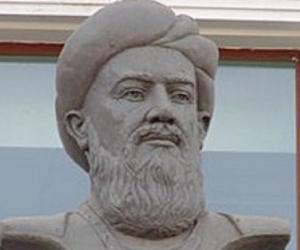
Al-Tabari was a historian, scholar, and commentator on the Quran. He is best remembered for his expertise in historiography and Qur'anic exegesis. A polymath, Al-Tabari wrote on a variety of topics like world history, poetry, mathematics, grammar, ethics, lexicography, and medicine. He is credited with founding a school of thought called madhhab which flourished among Sunni Muslims for two centuries.
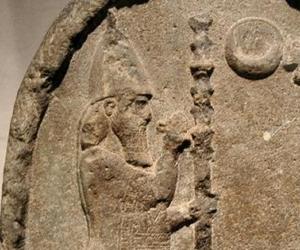
Nabonidus was the last ruler of Neo-Babylonian Empire. A strong believer of the moon god Sin, Nabonidus was faced with a revolt by the worshippers of Babylon’s national god, Marduk, and thus left his kingdom in the hands of his son, co-regent Belshazzar. He was later exiled.
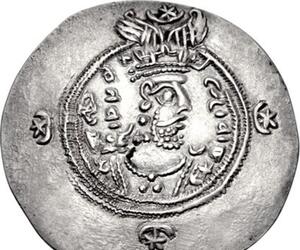
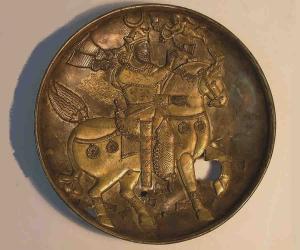
Khosrow I was a 6th-century Persian king of the Sasanian Empire. Though most of the information on him is known through legends, he is believed to have been a patron of the arts. He introduced major tax reforms and also brought changes to the Sasanian bureaucracy.

Born in Iran, footballer Ashkan Dejagah moved to Germany as a toddler and grew up to play for German youth teams. However, he later represented the Iranian national team. His achievements include a Bundesliga win with Wolfsburg and a UEFA European Under-21 Football Championship win with the German Under-21 team.
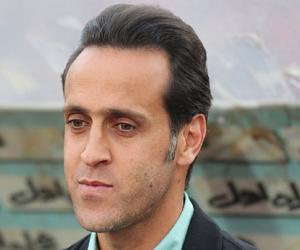
Often called The Magician and The Asian Maradona, Iranian footballer Ali Karimi is best known for his stint with clubs such as Bayern Munich and Persepolis. Named the Asian Footballer of the Year in 2004, he was briefly banned from the Iranian team for criticizing the IRIFF.


Hassan Yazdani is an Iranian wrestler best known for winning gold medals at important competitions like Olympic Games, World Championships, World Cup, Asian Championships, and Asian Games. In 2016, he became an Olympic champion for the first time when he defeated Aniuar Borisovich Geduev to win the gold medal in the 74kg category.
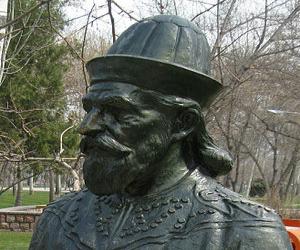
Nizam al-Mulk was a Persian political philosopher, scholar, and vizier of the Great Seljuk Empire. Nizam rose to the position of the de facto ruler from humble beginnings. He is perhaps best remembered for founding several important institutions known as madrasa in cities across the Seljuk Empire. Nizam al-Mulk is also credited with writing an important political treatise called Siyasatnama.
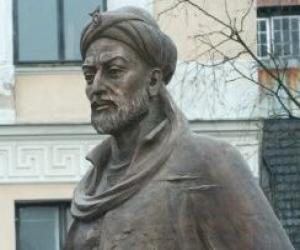
Ulugh Beg was the ruler of the Timurid Empire from 1447 to 1449. He is also remembered for his achievements as a mathematician and astronomer and is credited with building the legendary Ulugh Beg Observatory in Samarkand which was the largest in Central Asia. It was also regarded by scholars as one of the best observatories in the Islamic world.
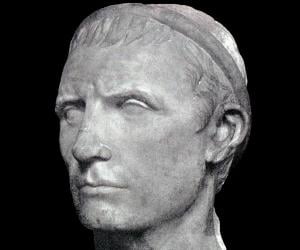
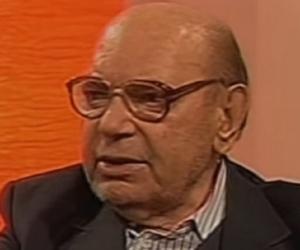

Darius II Ochus was King of Kings of the Achaemenid Empire from 423 BC to 405 or 404 BC. He was not a prince with a rightful claim to the throne; he became the king after a fight with Sogdianus, who claimed the throne after the death of Persian King Xerxes II. Not much is known about Darius II's reign.
